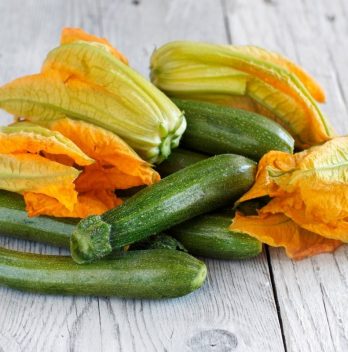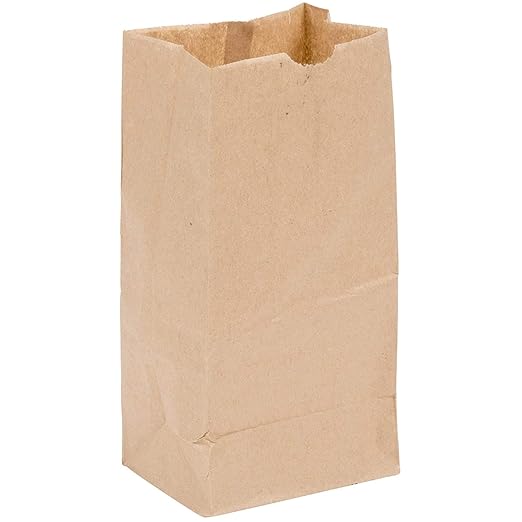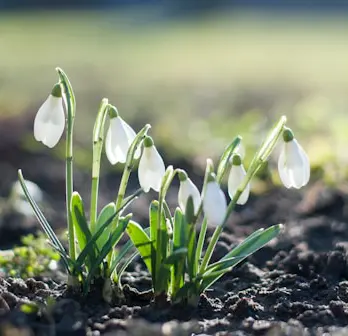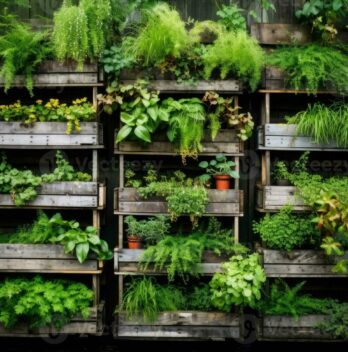Zucchini is a popular choice among gardeners of all experience levels. They are a versatile variety of squash and often grow in abundance. So, just how long are zucchini good for?
Though culinary wise they are a vegetable, zucchini is a fruit botanically speaking. Thanks to their high moisture content and neutral flavor, they are great for both sweet and savory dishes. There are also different varieties of zucchinis available to grow.
Brief History Of Zucchini
The origins of zucchini go all the way back to Mexico over 7,000 years ago where maize, beans, and squashes were an important part of people’s diets. However, zucchini itself was developed in Italy in the late 1800s. The first mention of the zucchini comes from a work published in Milan in 1901.
Early varieties of zucchini were named after cities in Italy. It was introduced to America by Italian immigrants in the 1920s. As a type of summer squash, it quickly became popular all across America.

How Long Is Zucchini Good For?
Unlike varieties of winter squash, zucchinis can be easily perishable. When properly stored, a zucchini will last for one to two weeks. You can keep it at room temperature, but it will only last about two to three days before it is no longer at its peak.
After harvesting or buying your zucchini, you only have a limited time to use it while it is still good. Though it will vary by the individual vegetable, you can expect them to last for up to two weeks in a cool environment such as a fridge.
How To Keep Zucchini Fresh
To keep a zucchini fresh, you will want to store it in a cool, dry area away from sunlight. Heat and humidity will cause a zucchini to go bad quicker.
The ideal place to store your zucchini is in the crisper draw of your fridge. Store them in a plastic, mesh, or paper bag with one end open to encourage air circulation. Moisture can accelerate the spoiling process, so be sure to wait to wash it until you are ready to use it.
Since they are delicate, do not place other items in the fridge on top of them. This can cause the fruit to bruise, which will lead it to go bad quicker.
If you have any leftover zucchini that is cut up, store it in an airtight container in your fridge. It will last for two to four days after being chopped up.
Perfect Stix – Brown Bag 2-100 2lb Brown Paper Bags – Pack of 100ct
How To Store Zucchini Long Term
If you won’t be able to use your zucchini up within a couple of weeks, you can freeze it for later. However, raw whole zucchini will not freeze well as it will become weepy and watery once you thaw it. Fortunately, blanching is an easy solution to prevent this from happening.
To prep, your zucchini for freezing, start out by washing it and then cutting it into slices. You will want the slices to be at least half an inch thick.
Bring a large pot of water to a boil and cook your zucchini slices for one to three minutes, until they are firm and bright green. Then, use a slotted spoon to immediately transfer them to an ice bath. Gently stir the ice water to fully cool them down.
Once cool, drain the water and lay the slices down in a single layer on a baking tray. Then, use a paper towel to remove the moisture.
Place the baking tray with the slices in the freezer and let them sit in there for two to four hours. Once completely frozen, transfer the slices to a Ziploc bag and return to the freezer. The slices will last for up to six months if properly stored in the freezer.
You can also freeze grated zucchini as well. Simply wash your vegetable, then grate it and lay it flat on a baking tray. Then, place the tray in your freezer and keep it in there for one to two hours. Once it is frozen, transfer it to an airtight container or Ziploc bag and return it to the freezer for up to six months.
When ready to use, allow your zucchini to defrost at room temperature for an hour or overnight in the fridge. Then, use it accordingly in your recipes.
Read more about Does Zucchini Grow On A Vine?
How To Tell If They Are Ripe
When zucchini is ripe, it will be around six to eight inches long. It should be firm and shiny but slightly flexible and dark green in color, though depending on the variety it may be yellow or white. The skin should be firm, but will slightly dent when you push in on it with your fingernail.
Avoid harvesting zucchinis that are mushy or bruised, as they will likely not be good. If it is hard or light green, it will still need more time to grow.
How To Tell If They Have Gone Bad
If your zucchini is soft, mushy, or bruised, you will want to avoid using it. In addition, you will want to throw it out if it is moldy or has an off-color. If you notice that the flavor is bitter or the smell is funky, you will want to discard it.
In addition, it is likely no longer good if the insides are stringy and the seeds are large. The skin may wrinkle or shrivel when it is going bad.

FAQs
How do you know when zucchini go bad?
When it starts to smell funny. If it starts to rot, it’s already too late.
Is zucchini still good after 2 weeks?
Zucchini will keep a few weeks in the fridge.
Does zucchini last longer in the fridge?
Yes. You can keep it for a couple of weeks, even if it starts to get a little soft, but it will definitely last longer if you put it in the freezer.
Store it in a plastic bag in your refrigerator, or in the freezer. If you’re going to use it within a few days, you can leave it out on the counter. It will be okay at room temperature, but not as good as when it’s cold.
How long will a zucchini last on the counter?
You can keep them for up to two days. If you are looking to use them for a snack or side dish, then it is probably best to cook them as soon as possible. If you have an abundance of them, you might consider freezing some for later.
Is zucchini still good when soft?
The zucchini should be mostly yellow, the yellow part being the stem.
The white part is the seeds. If you’re seeing green, it may be a matter of maturity. Zucchini usually take longer to mature than yellow squash. The green squash can be cut away and used in recipes, but will not have the same flavor as yellow squash.
Why does my zucchini taste bitter?
The bitterness of a zucchini can be caused by a number of factors. The most common is the presence of oxalic acid, which occurs naturally in plants. Oxalic acid is not only a powerful antioxidant and anti-inflammatory agent, but also has an affinity for calcium. This makes it a natural chelator of calcium.
In addition to oxalic acid, the seeds, stems, and flowers of many plants contain phytates, which are also strong chelators of calcium. Phytates are found in many vegetables, nuts, and grains, such as wheat bran and whole grain bread. You may also find that your zucchini contains other bitter compounds, such as saponins, which are found in plants from the nightshade family (potatoes, tomatoes, eggplants, etc.). These compounds are very potent antioxidants and have a similar affinity for calcium. To reduce the bitterness of your zucchini, try soaking it in water for several hours before cooking or boiling it for longer.
Keeping Your Zucchini Fresh And Delicious
Zucchini is a great vegetable to have on hand for baking and cooking during summertime. It can perish quickly, but with proper storage, it can last for up to two weeks in your fridge. You can keep it at room temperature, but it will only last for around three days before it is no longer at its peak.
You can also freeze it as well by blanching slices or grating it. Both ways will last for around six months in your freezer.
Do you have any questions regarding how long are zucchini good for? If so, please ask any questions regarding zucchini storage in the comment section below.





